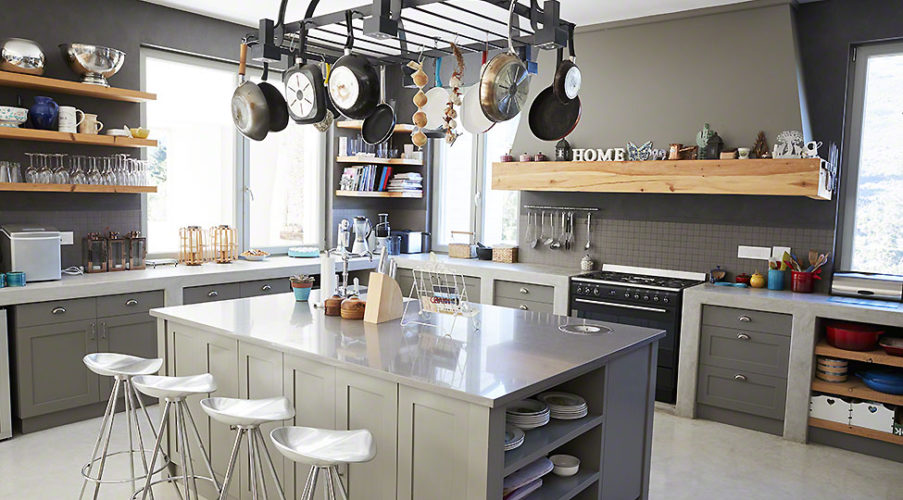
When you think of kitchen safety, you probably think of hot stoves, sharp knives, and food-borne illnesses. While these are certainly important issues to consider, many other areas in the kitchen can be dangerous if not properly addressed.
Appliances come in handy in any kitchen, but if you are not careful, they can cause fatalities. Here are some pointers given by commercial kitchen appliance repair on how to use appliances safely in the kitchen.
Read the manual
The first step is to read through the manual before using your appliance for its intended purpose. The manual contains important information about your appliance’s operation and safety features.
As such, you want to keep it in a handy location so you can refer to it whenever necessary.
Inspect cords and plugs for damage
Damaged electric cords should be replaced immediately. Be sure that cords aren’t pinched or frayed since this could cause them to overheat and start a fire. Check for signs like discoloration or overheating in areas where there may be damage.
If you notice any signs of damage, don’t use the appliance until it has been fixed.
Switch off the power source before unplugging
Unplugging your electric appliances can be dangerous if you don’t do so correctly. Ensure all power sources have been turned off before unplugging any electrical device. This includes wall sockets, extension leads, plug-in adaptors, and chargers.
Keep appliances away from water and moisture.
Don’t place any electrical appliance near a sink or other wet area. Water and electricity don’t mix well; even a little moisture can cause an electric shock or fire.
If you spill something on your appliance, unplug it immediately and wipe up any liquid with a dry cloth. If you are unsure about the safety of your appliance, consult an electrician or an appliance repair specialist.
Make sure that all electrical appliances are properly grounded
If an appliance isn’t grounded, it could cause a shock or fire hazard because there would be no way for any stray electricity to escape.
To check for grounding, plug one end of an outlet tester into the outlet itself; plug the other end into a working outlet somewhere else in the house. If the tester lights up green or red, depending on the type, then that outlet is properly grounded.
If not, then grounding needs to be added to that outlet and all others like it throughout the house.
Never touch a live electrical cord with wet hands.
Never touch a live electrical cord with wet hands. Even if something falls into the water while you’re cooking, don’t reach for it. Instead, you want to unplug the appliance first, then deal with the problem. If there’s no way around touching a hot surface, use a potholder or towel before touching it.
When cleaning appliances, it would be best to unplug them before washing them.
Don’t overload outlets or extension cords.
Ensure that each outlet and extension cord is only used for one appliance at a time. Multiple appliances running off of a single outlet or extension cord can overload it and lead to a fire or electrocution.
If you have too many items plugged into an outlet or extension cord at once, unplug some until they’re all safe to plug back in together without exceeding capacity.
Bottom Line
The kitchen is a hub of activity and is not just about food preparation. Many people use the kitchen for cooking, cleaning, and other tasks that require electrical appliances. Some appliances are safer than others, but improper use can still lead to injury or death.
To be on the safe side, follow these guidelines given by commercial appliances repair Springfield on how to use your appliances safely.

